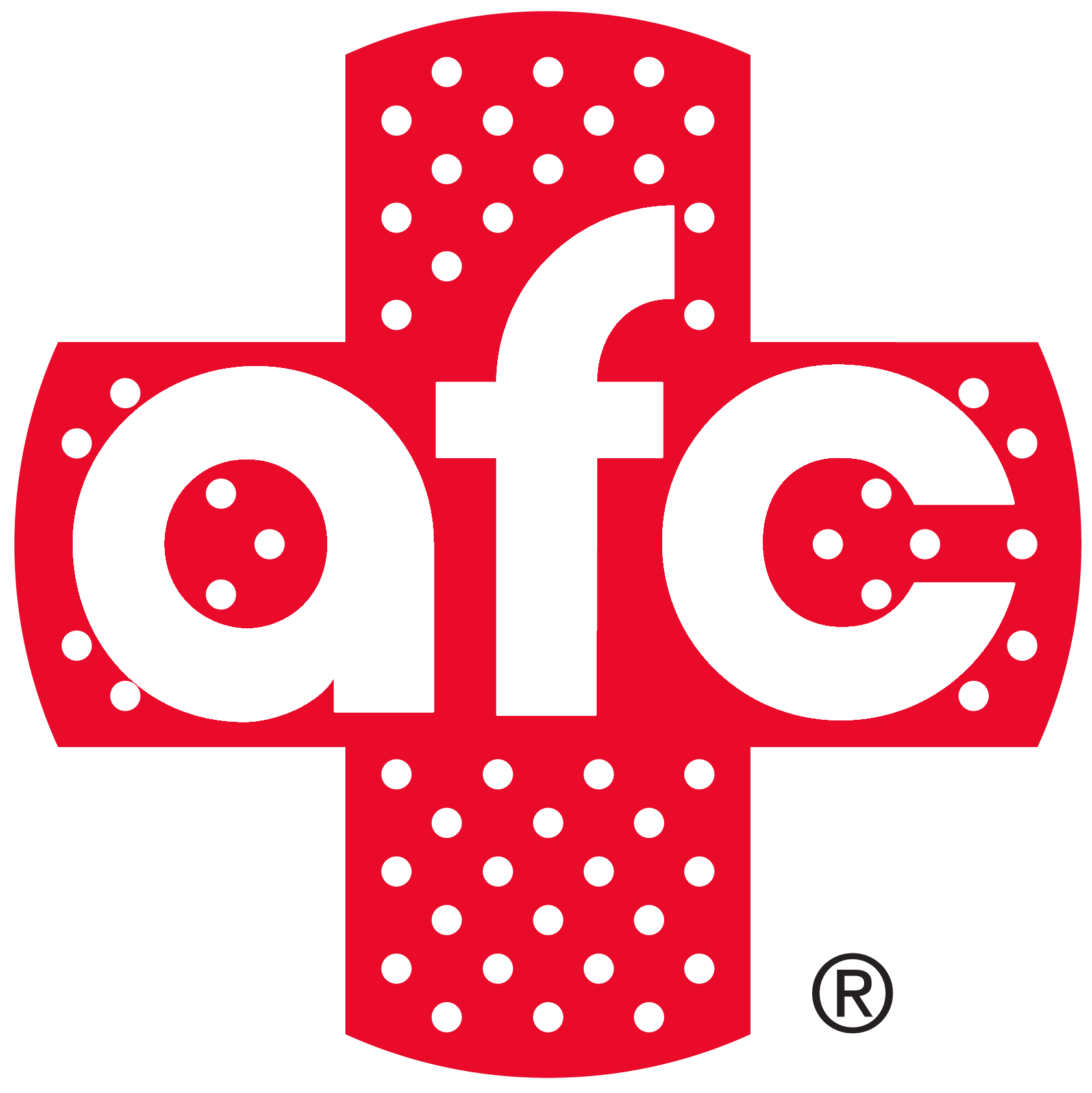AFC Memphis
Jaundice Treatment
CALL US TODAY | (901) 254-8040
Find The Location Nearest Covid-19 Testing
We think you’re located in zip code 38119. Not Right?
Jaundice Treatment Questions and Answers
Jaundice cannot be taken lightly; it leads to some serious health problems. Visit AFC Urgent Care if you have jaundice! Call us today to speak to one of our specialists or schedule an appointment online. We serve patients from Memphis TN, Arlington TN, Atoka TN, Bartlett TN, Braden TN, Brighton TN and Burlison TN.
Unless you recently ate an excessive number of carrots, a yellowish tinge to you or your child's skin could indicate a medical condition known as jaundice. At AFC Urgent Care, our expert medical team can provide first-rate treatment if you or your child is experiencing jaundice.
What causes jaundice?
Jaundice is caused when there is excess bilirubin in the blood, a condition known as hyperbilirubinemia. Bilirubin is a yellowish substance that is created when red blood cells naturally break down. After the red blood cells break down into bilirubin, the bilirubin passes through the liver, gallbladder, and digestive tract before it is eventually excreted through the body.
There are several reasons why your blood may contain higher than normal bilirubin levels, including hemolytic anemia, wherein blood cells are destroyed prematurely, or reabsorption of a hematoma, which occurs when blood pools outside the blood vessels. When hematoma reabsorption or hemolytic anemia cause high bilirubin levels in the blood, this is called unconjugated jaundice.
Other reasons for a high level of bilirubin in the blood leading to jaundice include the following:
- Alcohol use
- Autoimmune disorders
- Bile duct obstruction or inflammation
- Blood group incompatibility between a mother and a baby
- Certain medications, including chlorpromazine, anabolic steroids, estrogens, oral contraceptives, or penicillins
- Gallstones
- Genetic metabolic defects
- Hypothyroidism
- Inflammation of the gallbladder
- Urinary tract infection (UTI)
Jaundice is also quite common in newborns, which is known as neonatal jaundice. While medical attention is highly recommended for neonatal jaundice to determine if your baby requires treatment, it is usually harmless and typically improves within two weeks.
Is jaundice a disease?
Jaundice is not a disease, but it could indicate the presence of an underlying condition or disease. Some examples of illnesses and diseases that have been known to cause jaundice include the following:
- Acute pancreatitis
- Alcoholic liver disease
- Cirrhosis
- Crigler-Najjar syndrome
- Dubin-Johnson syndrome
- Gallstone cancer
- Gilbert's syndrome
- Glucose-6-phosphate dehydrogenase (G6PD) deficiency, an inherited enzyme deficiency disorder
- Hepatitis A, B, C, D, and E
- Idiopathic autoimmune hemolytic anemia
- Liver cancer
- Pancreatic cancer
- Sickle cell anemia
- Thalassaemia (genetic blood disorder)
- Weil's disease
- Yellow fever
As such, there are many diseases and illnesses that cause jaundice. That said, the most common causes of jaundice include gallstones, excessive alcohol use, hepatitis B and C, cancer, and autoimmune disorders.
What are the signs to know I have jaundice?
The most common jaundice symptoms include a yellowish tinge to the skin and whites of the eyes that starts at the head and spreads down the body, dark urine, itchiness, and clay-colored stools. That said, you may also experience some of the following if you have jaundice:
- Abdominal pain (possible medical emergency)
- Fatigue
- Fever (potential medical emergency)
- Vomiting (potential medical emergency)
- Weight loss

 How Can We Help?
How Can We Help?
- PATIENT SERVICES
- COVID-19 SERVICES
- TELECARE
- EMPLOYER RESOURCES
- PATIENT RESOURCES
- ABOUT US
AFC Urgent Care FAQs
-
Why choose AFC for Urgent Care?
With state-of-the-art centers and a professional medical team, AFC provides on-site X-rays, labs, procedures, and more!
-
What's the difference between AFC Urgent Care and emergency room services?
Urgent care is for medical conditions that require prompt attention but do not pose an immediate threat to your health or life. Here is a simple rule of thumb: if your medical issues(s) are life threatening, call 911, or go directly to a hospital emergency room. If not, an urgent care center such as AFC is an excellent alternative.

Don't wait to get the medical attention you need.
CALL US TODAY | (901) 254-8040


